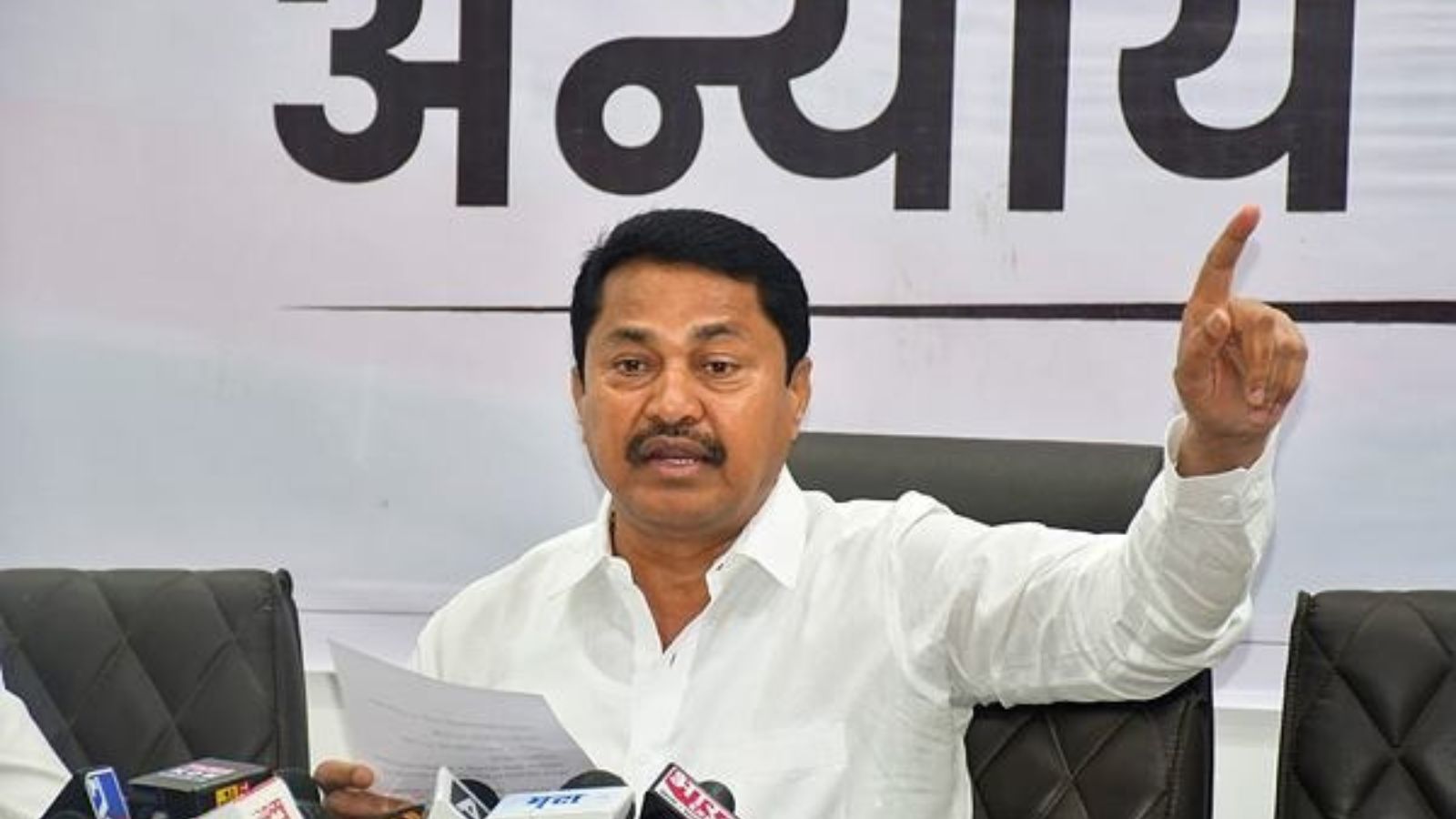 |
|
The recent Maharashtra Assembly election results have triggered a significant internal crisis within the state's Congress unit. The party's dismal performance, securing only 16 seats, has exposed deep-seated fissures and prompted accusations of organizational failures and even alleged collusion with rival political forces. The fallout has manifested in public accusations and internal disagreements, highlighting a lack of unity and effective leadership within the party's ranks. The controversy surrounding Bunty Shelke's allegations against state unit chief Nana Patole, accusing him of being an 'RSS agent' and neglecting his campaign, serves as a stark example of the internal tensions. Shelke's claim that he received little to no support from within the party, even during Priyanka Gandhi's visit, underscores a broader concern about the party's organizational efficacy and the leadership's ability to mobilize its base effectively.
The aftermath of the election defeat has seen the Maharashtra Congress leadership deflecting blame, focusing on alleged discrepancies in voter data and turnout figures. This approach, however, has been met with criticism from within the party itself. A Youth Congress leader, for instance, has voiced strong concerns about the party's unwillingness to acknowledge its own organizational shortcomings, questioning the lack of accountability for the abysmal results. This internal criticism highlights a deep-seated frustration with the current leadership's approach, which seems more focused on external factors than internal introspection and reform. The party's seeming preoccupation with pointing fingers at the Election Commission of India (ECI) for alleged malpractices has only intensified the internal discontent, with many believing that the party's organizational flaws deserve equal, if not greater, attention.
The Congress Working Committee (CWC)'s resolution, while acknowledging the 'inexplicable and shocking' performance in Maharashtra, offers little in the way of immediate solutions. The resolution calls for a detailed state-wise review and follow-up action on organizational matters. This leaves many within the party unconvinced, perceiving the resolution as a delaying tactic rather than a concrete plan for addressing the deep-rooted issues within the Maharashtra unit. This lack of decisive action has fueled further skepticism and frustration among party members. The call for an organizational overhaul, echoed by a senior party leader and former Maharashtra minister, underscores the urgent need for substantial changes in leadership style and approach. The demand for a more inclusive and less autocratic leadership hints at deep-seated dissatisfaction with the current leadership's approach and an urgent need for a more effective and united front.
The contrasting statements from Atul Londhe, the chief spokesperson of the Maharashtra Congress, highlight the ongoing internal struggle. Londhe's assertion that the party works under CWC directives and that any dissenting views can be addressed internally contradicts the accounts of several party members who feel their concerns have been ignored. This discrepancy reveals a critical communication gap between the party leadership and its rank and file, further exacerbating the existing tensions and mistrust. The fact that the CWC's resolution focused on reviewing organisational matters without outlining specific actionable steps reinforces concerns about a lack of concrete plans for addressing the underlying issues. This ambiguity leaves room for continued infighting and delays in implementing necessary reforms, potentially jeopardizing the party's future prospects in the state.
The crisis within the Maharashtra Congress is a complex issue stemming from multiple factors, including a lack of clear leadership, internal dissent, and a failure to effectively address organizational shortcomings. While external factors like alleged ECI malpractices may have contributed to the election results, the party's internal weaknesses have been clearly exposed. The lack of accountability, the deflection of blame, and the absence of a clear roadmap for reform suggest a serious crisis of leadership and organizational competence. Addressing these fundamental issues is crucial not only for the immediate recovery of the Maharashtra unit but also for the overall health and future success of the Congress party at the national level. The upcoming meetings promised by party leaders offer a crucial opportunity to address these issues transparently and collaboratively, but whether they can lead to meaningful change remains to be seen.
